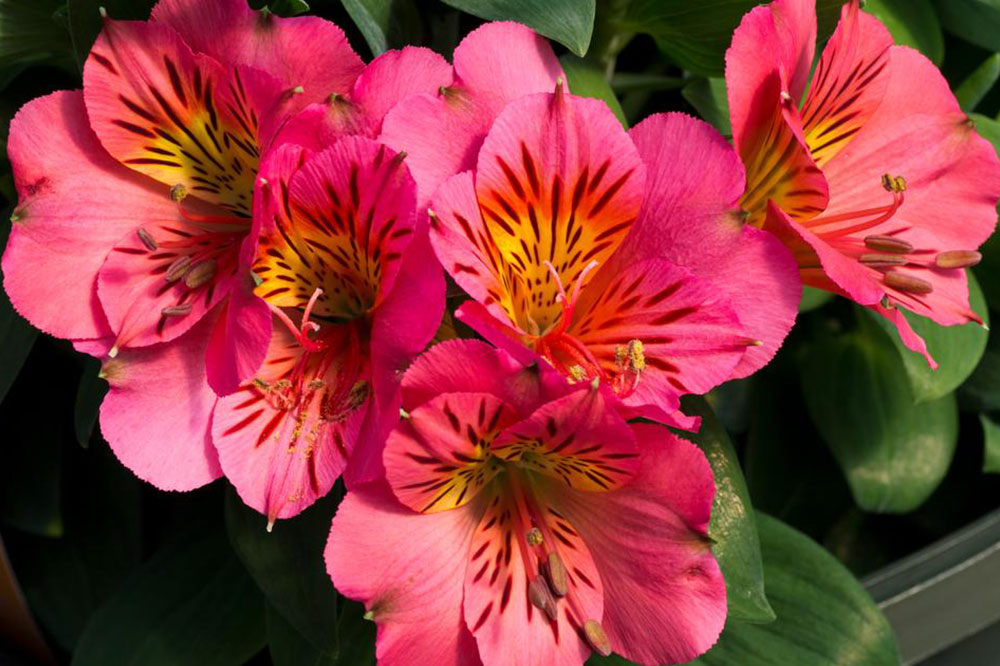
5 Toxic Houseplants for Cats
Plants look beautiful, both in the yard and in the interiors of your home. However, not all plants are good choices if you also have a pet. You may bring home a host of indoor plants without realizing that they may be toxic for your pet, so you must know which houseplants are toxic so that you can avoid them while decorating your home.
If you own a cat, you’ll know that they love stringy leaves as they like to nibble, play, and even chew them at times. When bored or if they have an upset tummy, they tend to eat grass. They are curious about plants, but what if your feline friend feeds on plants and leaves that are toxic? This article lists some houseplants that are toxic for cats to help you strike them off your buying list. Once you’ve read through, you may get surprised to know that certain plants you thought of buying are actually dangerous for cats. To avoid any situations that may lead to complications, here’s a list of houseplants that are toxic for cats:
- Asparagus fern
This plant is poisonous for cats as it contains a toxic agent called sapogenin, which is a type of steroid. When ingested by cats, it results in vomiting, diarrhea, or abdominal pain. The berries of this plant are high on these steroids and can also cause skin inflammation, especially if pets are exposed to them for long. - Corn plant
Also known as dragon tree or ribbon plant, they are toxic for your feline friend. An offensive chemical compound called saponin is carried by the corn plant, which can cause vomiting (with or without blood), loss of appetite, depression, or increased salivation when ingested by cats. An affected cat may also get dilated pupils. - Lilies
Out of more than 90 different varieties of lilies, there’s not one that is non-poisonous to cats. Lilies can be extremely harmful to your cat as ingesting the plant may lead to kidney failure. - Monstera deliciosa
One of the most popular houseplants is monstera deliciosa. Also known as Swiss Cheese Plant, it is highly toxic for cats and can lead to immense pain even if they bite it just once. The other symptoms include pawing at the mouth, drooling, and mouth and throat pain. - Dieffenbachia
Commonly known as dumb cane, tropic snow, or exotica, dieffenbachia contains a chemical that is poisonous for animals. If ingested, it may lead to oral irritation, increased salivation, difficulty in swallowing, and vomiting.
You must keep in mind that every plant toxin can cause a different reaction. The extent of toxicity can also vary based on the type of plant and the quantity ingested. So, it is wise to look up details about the plant you’re planning to get home and avoid the ones that can be harmful to your pet.


